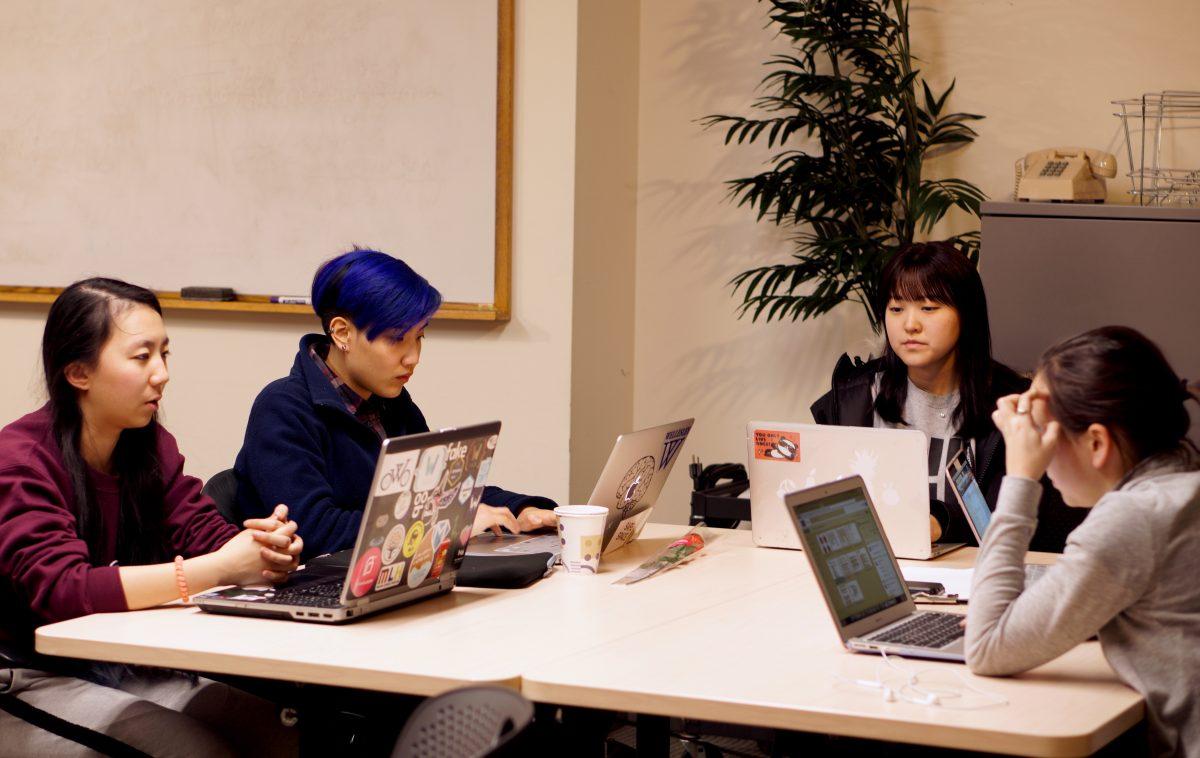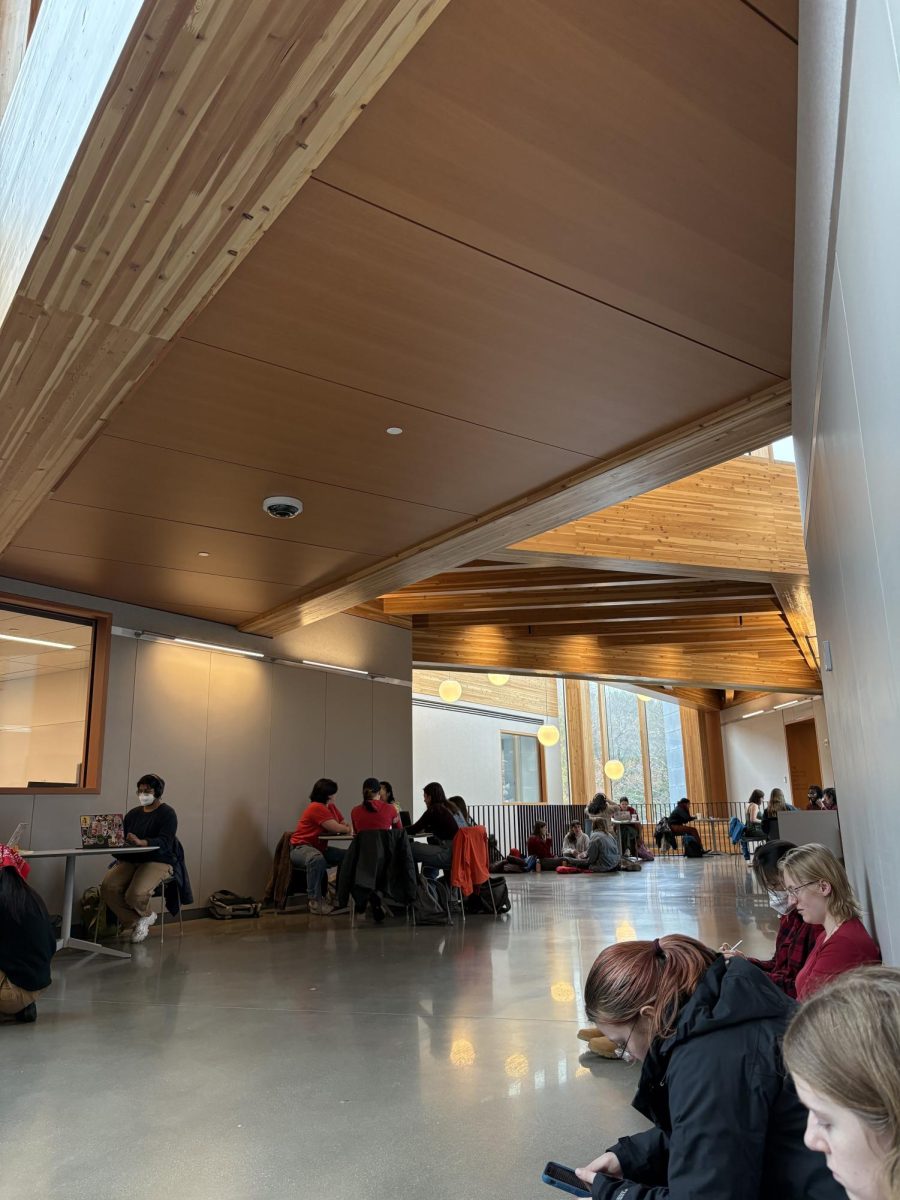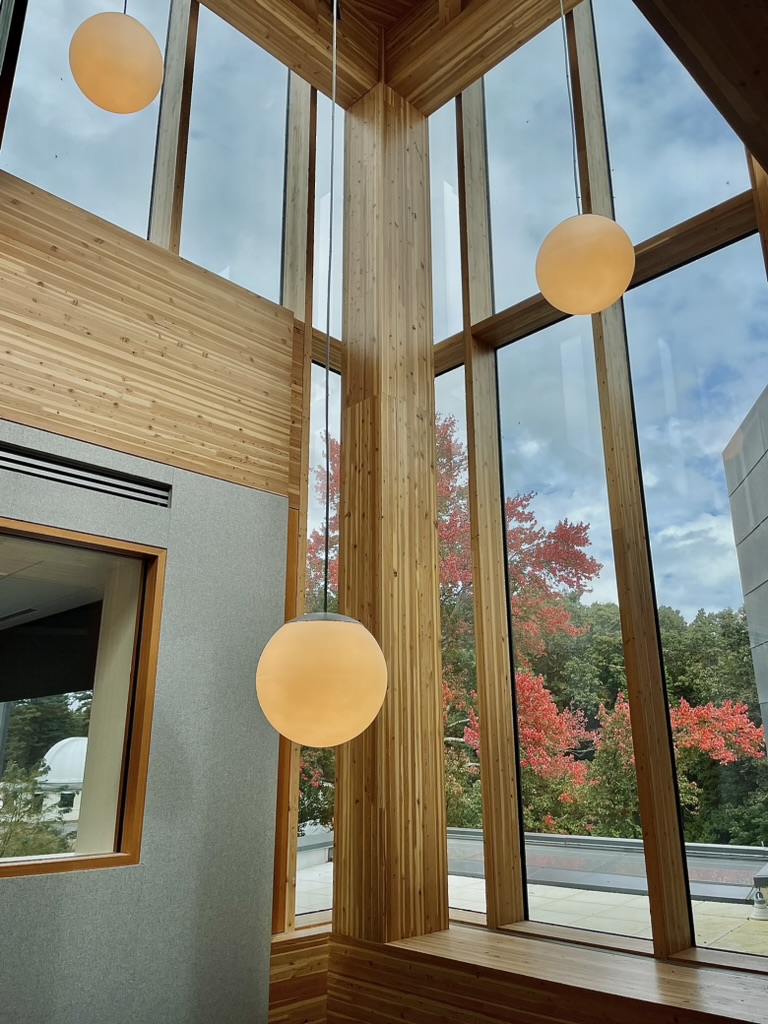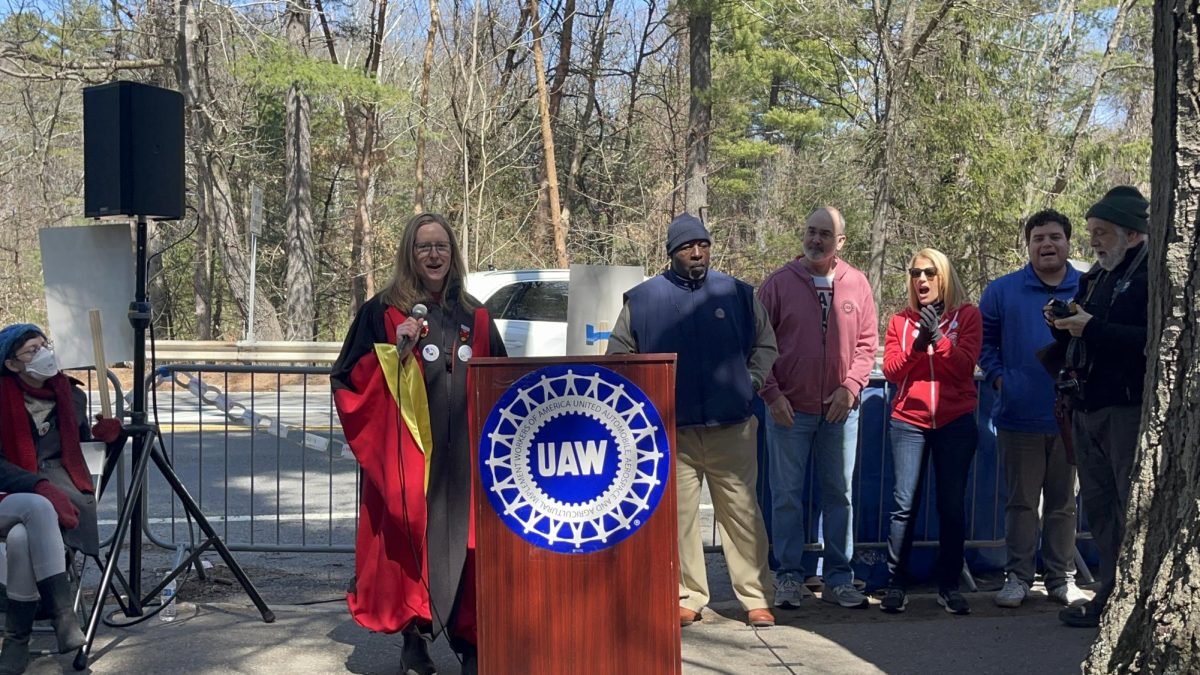A group of Wellesley students recently created an initiative in an effort to obtain a tenure-track Asian-Americanist professor for the Asian-American Studies (AAS) minor. The program is not currently an official department because it has no tenured faculty, no budget and is only offered by the American Studies department. The classes in the program are taught by visiting lecturers, postdoctoral researchers and professors from other departments, including Professor Yoon Sun Lee of the English department. Lee wrote the proposal for the AAS minor in 2013, when it was created, and now essentially runs the program. However, there is no official chair position.
“All of us [professors teaching classes in the AAS program], though, belong to other departments (i.e. not AMST), and have responsibilities for teaching other subjects,” Lee explained.
There have been attempts in the past to obtain a permanent Asian-Americanist professor at Wellesley, but they have been largely unsuccessful. Although the College has hired temporary post-doctoral fellows to teach in the AAS program, including a new two-year position that will begin this fall, Rebecca Leu ’19 and Hajin Park ’17 explained that this is not enough.
“The program as a whole cannot grow sustainably if professors that students really connect with leave after one or two years. […] This post-doc position may seem like a solution, but it’s really just a bandaid. It doesn’t solve our problem,” Leu said. She and Park are two of the students leading the initiative.
Leu and Park were motivated to take action after taking The Asian-American Experience with Professor Lee in the fall 2016 semester. Park explained that over 20 percent of Wellesley students identify as Asian-American, not including international students. But since the AAS program is so small and not an official department, students often do not know about it.
“After taking the class, I wished that I had known about it earlier, and then I would have taken more classes in it. […] I’m international, but having lived here for the past 3 years, I’m still viewed as Asian, Asian-American, or a person of color. I was never a minority before, but coming here and feeling like a minority and not knowing how to deal with it and not knowing where I stand in the race politics, taking this class helped me a lot in terms of how I’m perceived here and what the historical context all is,” she said.
Leu has also had a positive experience in a class taught by an Asian-American professor. “I was lucky enough that my first-year writing course was taught by an Asian-Americanist,” she said. “It really changed the way I viewed my identity and the way I formed my identity as a person living in America, as an Asian body living in America… I feel like outside of Wellesley, no one else would teach us this history, so we only have the privilege of being at Wellesley and taking advantage of the ethnic studies here, and if Wellesley is not offering enough options, then it’s doing a disservice because there’s a demand for it.”
Park, Leu, students from Wellesley Asian Alliance (WAA) and other students from Lee’s Asian American Experience class formed the initiative shortly after the 2016 U.S. Presidential election. However, the members of this initiative made it clear that this group is not exclusive. “We realize that we cannot claim to be representative of the AsianAmerican community or the complexities of the Asian-American experience and that our group is mostly made up of East Asian students. So we really welcome interested students, especially South East Asian and South Asian students, to join our initiative,” Park said, on behalf of the group.
Proposals for new faculty hires are approved through the Advisory Committee on Academic Staffing (ACAS), a new committee formed last year that advises the provost, the dean of Academic Affairs and the dean of Faculty Affairs on which requests for new faculty should be accepted. They will release their decisions in May. If the request is accepted, however, the professor would not begin teaching this fall. The 2017-2018 academic year would be devoted to interviewing and hiring the professor, so he or she would not begin teaching until the 2018-2019 academic year.
When asked about the request to hire a tenured AsianAmericanist, Chair of the ACAS Tom Burke replied that “all of our deliberations are confidential, so I am not able to provide any additional information related to the AsianAmerican Studies tenure track request.”
Dean of Faculty Affairs Kathryn Lynch confirmed that they have received a request from the American Studies department to hire a tenured Asian-Americanist professor but added that they have received 14 requests from various departments and not all proposals can be accepted.
She also explained that “ACAS and the Provost’s Office welcome feedback from students about any of the proposals to hire that have been submitted to it.”
The fact that the ACAS is welcoming feedback is something that Leu and Park plan to capitalize on. They will write written statements to the ACAS and encourage other students to do the same. They have also met with various administrators, including Provost Andrew Shannon and Kathryn Lynch, among others. The pair explained that their attempts to meet with Tom Burke were unsuccessful because ACAS guidelines stipulate that he cannot meet with any students.
Park stated that there is no animosity between this group of Asian-American students and the administration, but this is an important movement that they are willing to fight for. “When we met with Provost Shennan, Kathy Lynch and Ann Velenchik, it wasn’t like us against them. The Provost’s office wants to work together with us, and we want to as well. It’s just that we really need to make our voices heard, as AAS is in urgent need of a permanent professor,” she said.
Leu explained that there are many reasons why hiring a tenured Asian-Americanist are important, including ensuring that students interested in this field of study get proper mentorship from a professor in their field, which is something that visiting lecturers cannot fulfill. “If we’re talking about visiting lecturers being here for one to two years, that’s half or less of a student’s Wellesley career. It’s a very disconnected experience. And how can you train future Asian-American scholars without this kind of mentorship?” she said.
Professor Lee agreed with Leu: “Having a full-time/ permanent Asian-Americanist who could teach at least 3 or 4 courses each year on AA [Asian-American] subjects would make the minor fully viable, and allow students to learn more and in greater depth about this field of study. Many students feel very passionately about Asian-American studies, and I think the college should honor and encourage their interest,” she said.
In addition, Park explained that it is often difficult for students in the minor to fulfill all of the necessary requirements due to the lack of available professors.
“Some classes are only taught once a year or every other year, so it’s hard for people who want to minor in it to fulfill their requirements,” she said.
Chair of the American Studies department Paul Fisher agreed with these concerns and fully supports the initiative to hire a tenured professor.
“It is one of American Studies’ highest priorities to hire a tenure-track professor to support the minor. According to the 2010 U.S. Census, Asian-Americans are the fastest-growing racial group in the U.S., and we feel that a strong program in Asian-American Studies is essential to have at Wellesley… a minor was not created until 2013, and that minor is still vulnerable to insufficient or temporary staffing,” he said.
Leu and Park want to make it clear, however, that the AAS program is valuable for students of all backgrounds. They believe that it is a crucial area of study for any student to explore. Last semester, they sent out a survey and petition to the current Wellesley community, as well as many alumnae, asking whether participants would want to take a class in the AAS department, what types of classes they would like to see there, etc. Over 600 responses were submitted, all of whom supported having more Asian-American studies classes on campus, even though nearly half of these participants did not identify as Asian-American. The results of the survey and petition were shared with the provost.
One anonymous alumna from the Class of 2008 responded, “I spent all four years of my time at Wellesley fighting for Asian-American Studies. But Wellesley didn’t give me that knowledge, I had to take it. Wellesley should be supporting students as they grow in their identities and their voices, not knocking them down.”
Professor Lee pointed out that this initiative fits into the larger context of racial bias that is universally present, especially given the current political climate.
“On a pretty regular basis, the Wellesley community confronts the issues of racial prejudice and the disparities of opportunity that different racially categorized groups face. One of the better ways to do this is to study it in courses,” she said.
This is not a fight that is only happening on Wellesley’s campus. According to Leu, many students at other colleges, including Harvard University, Duke University, Yale University, University of Pennsylvania and Bates College have also been working towards improving Asian-American studies or ethnic studies on their campuses. For Park and Leu, all of these movements indicate that this is the time to fight for Asian-American studies and for Wellesley to show its support of this program.
“I realize that other majors and departments are important as well, but people have been fighting for the Asian-American program for over 10 years at Wellesley. Every year, the response is always ‘maybe next year’. It’s kind of frustrating. I’m confused as to what the school’s commitment is. It’s not committed enough,” Park said.






